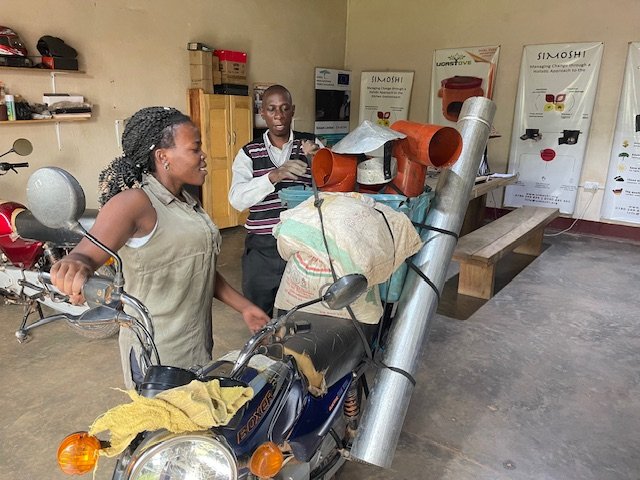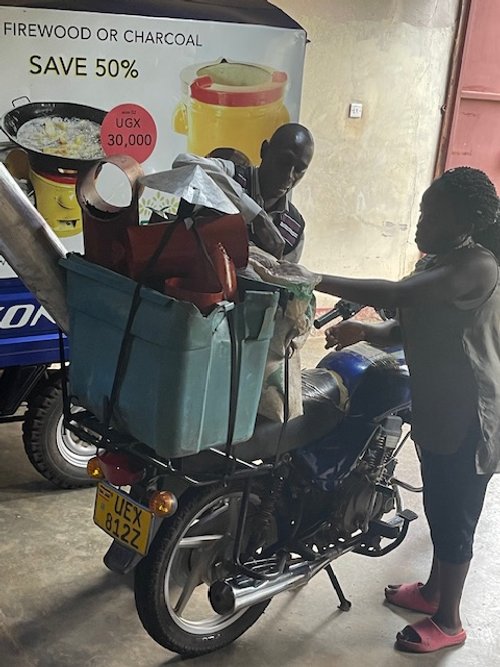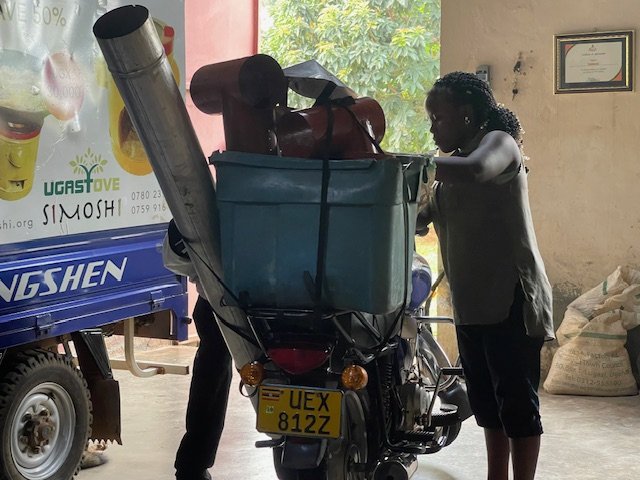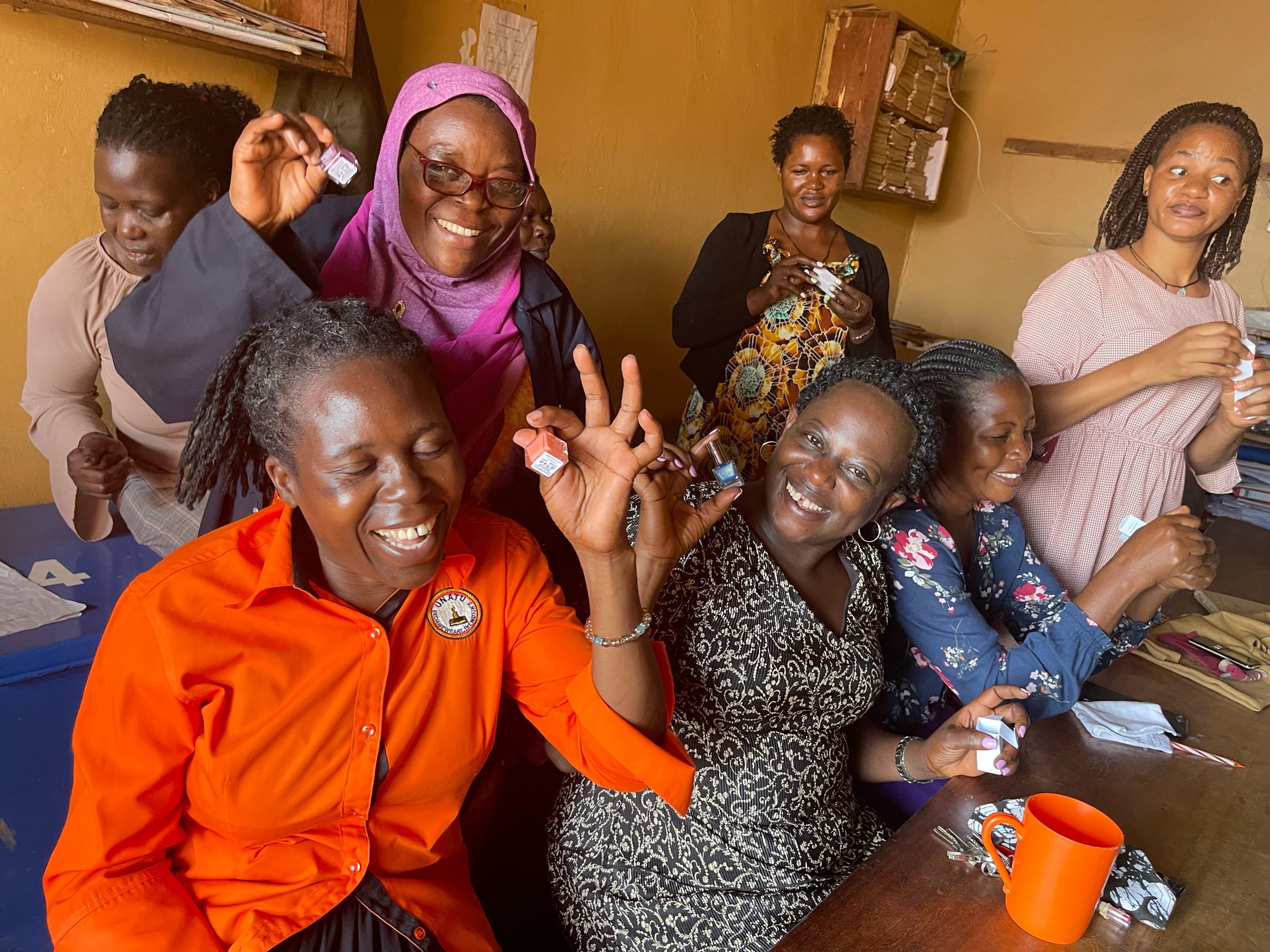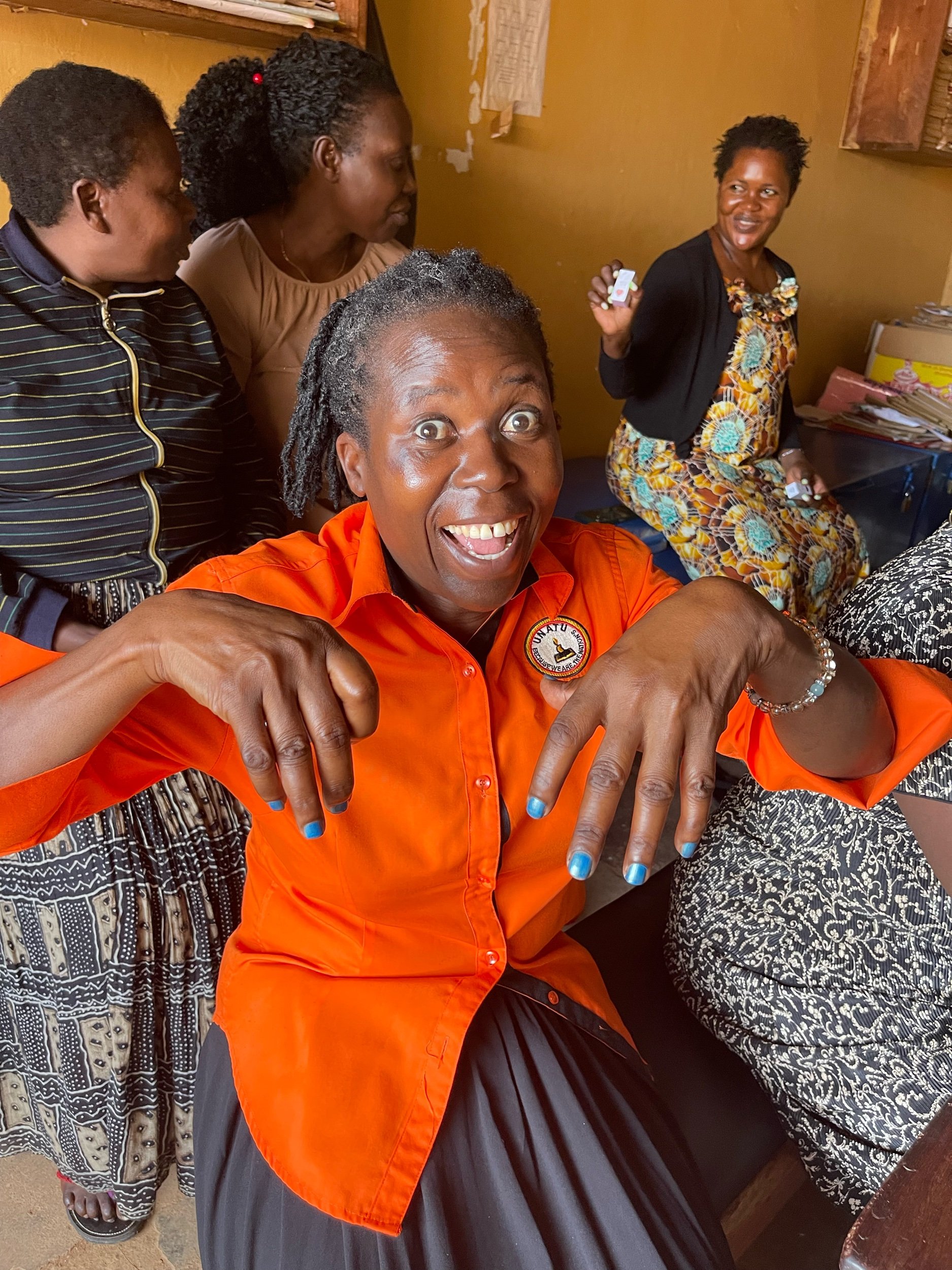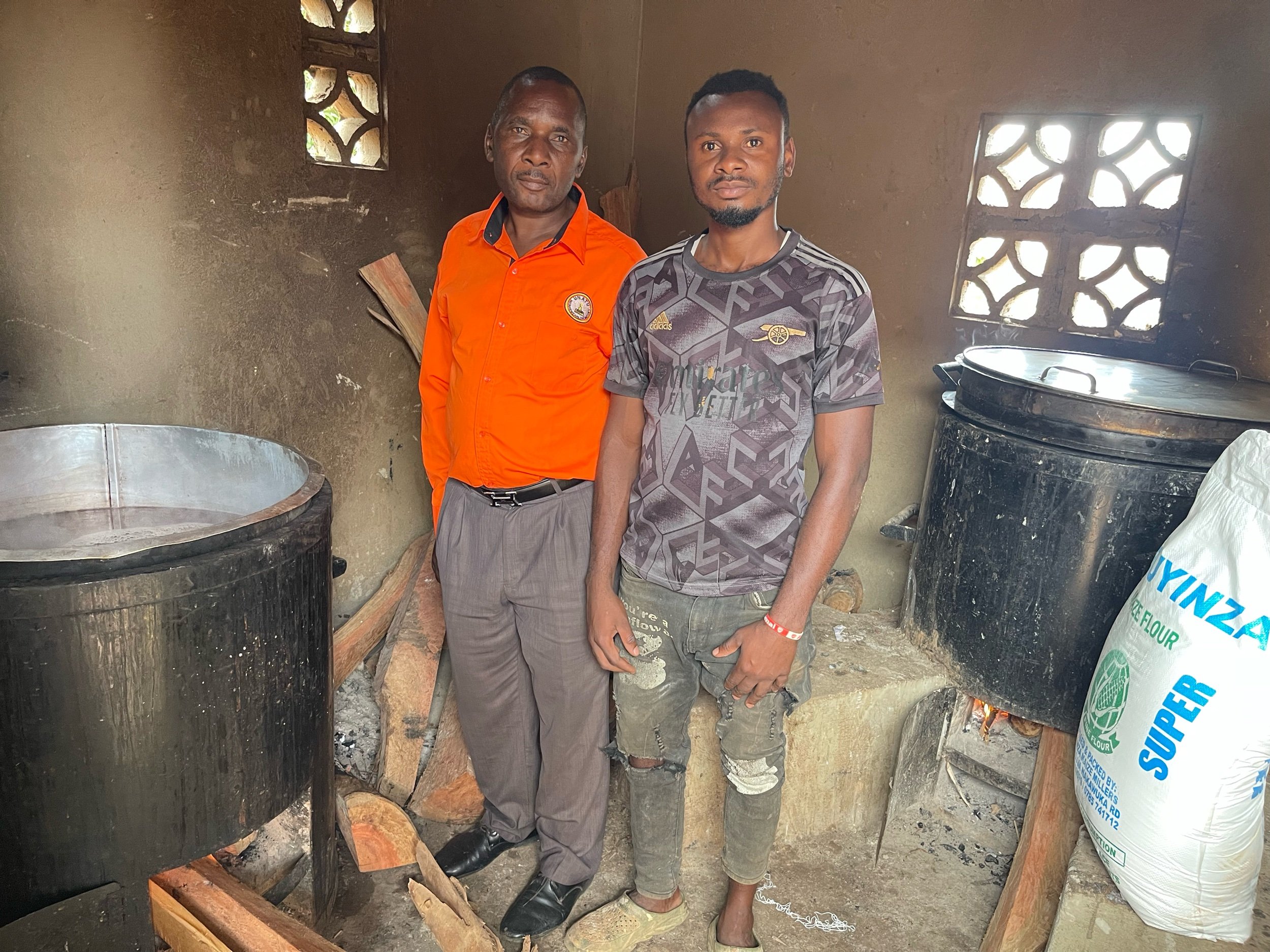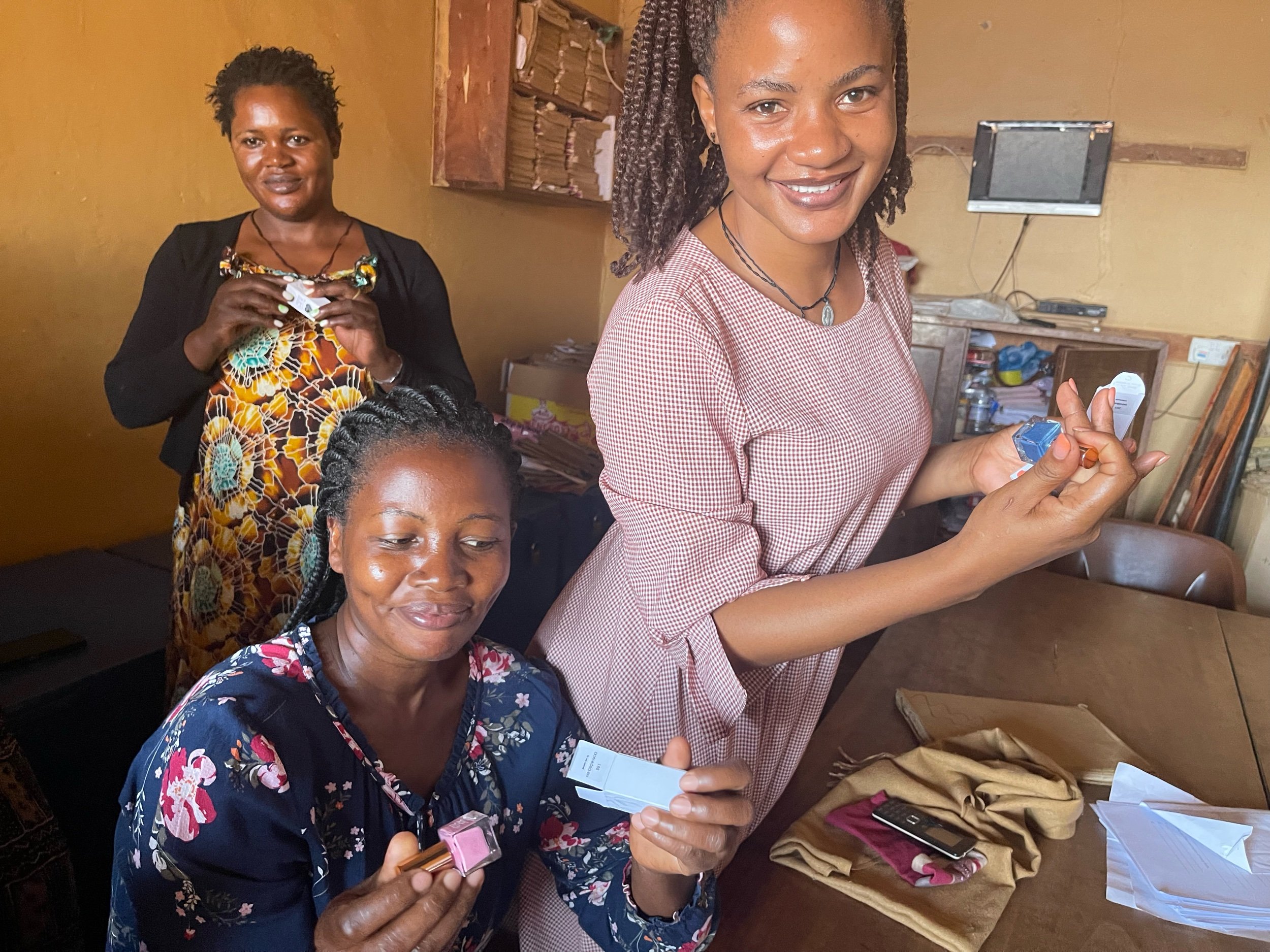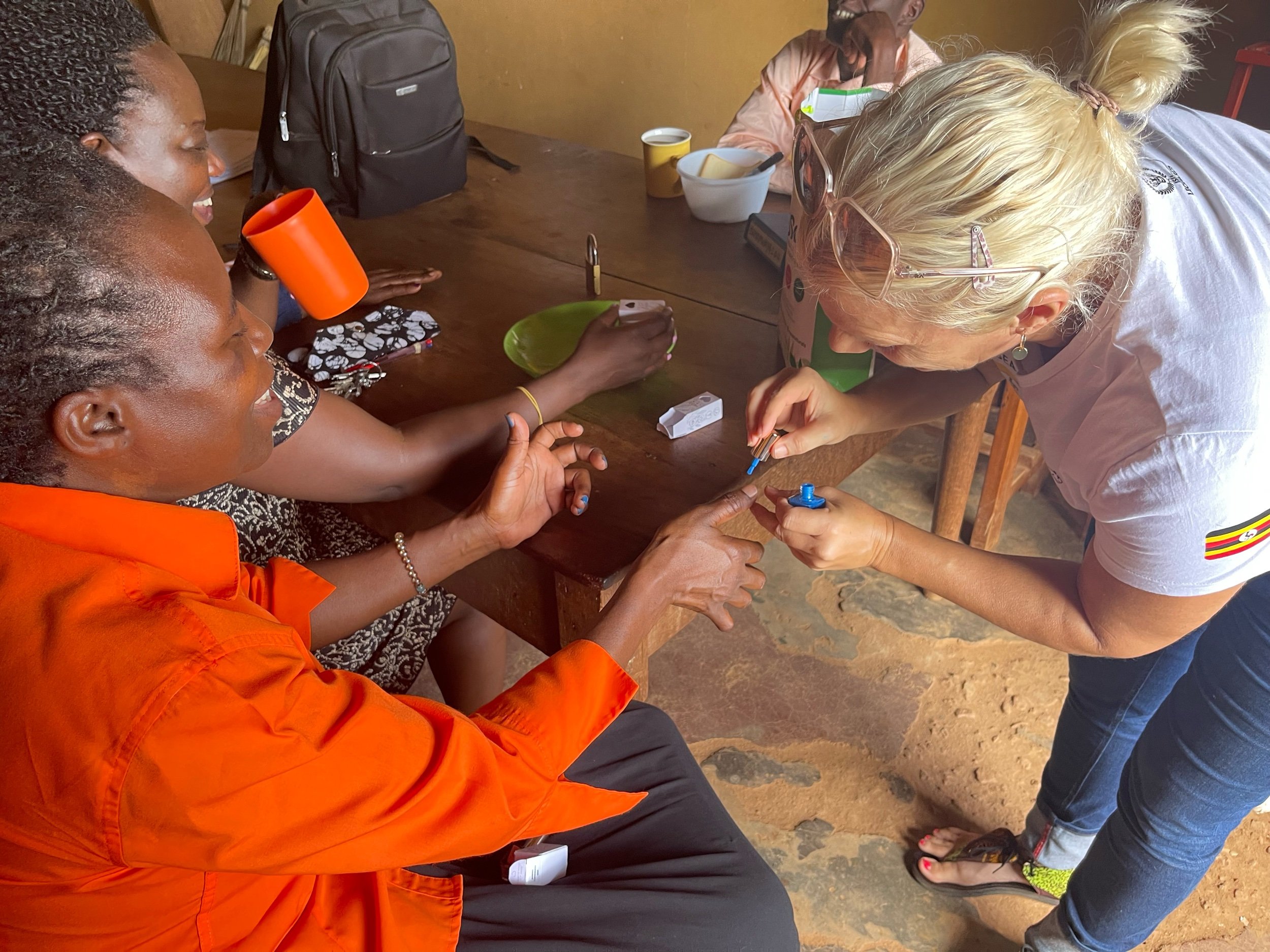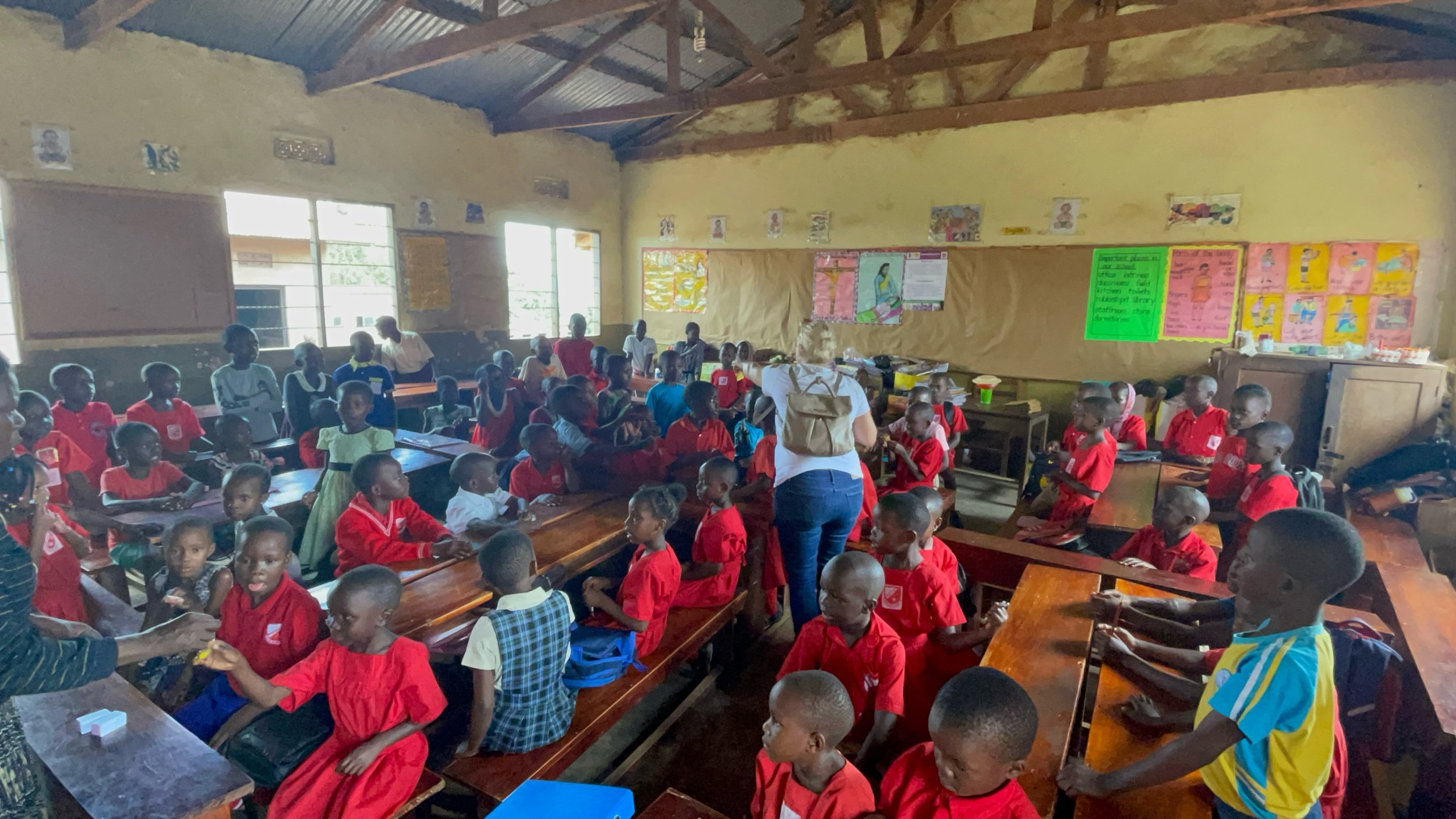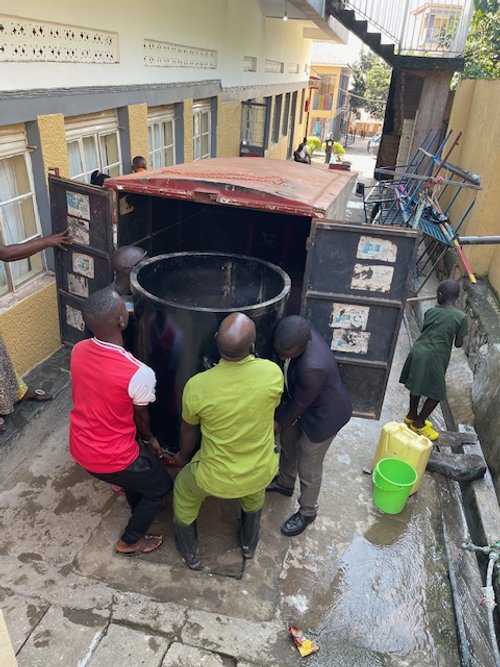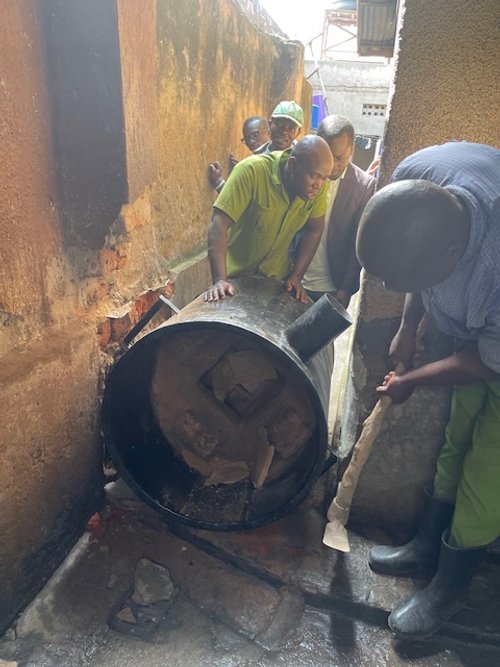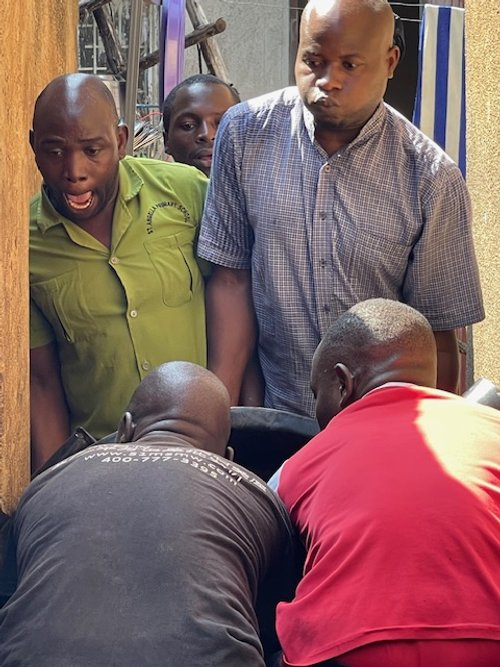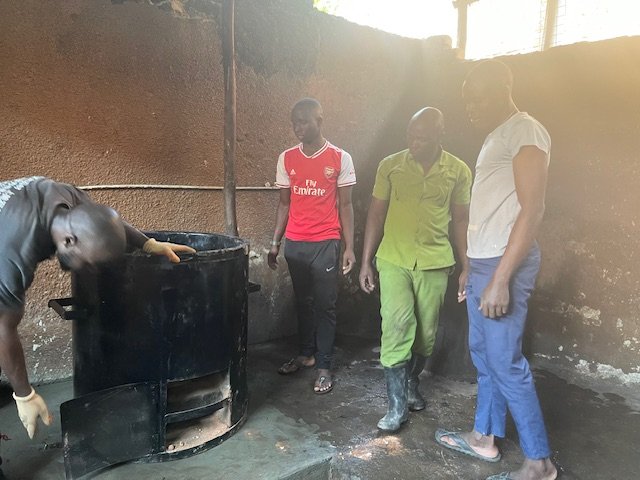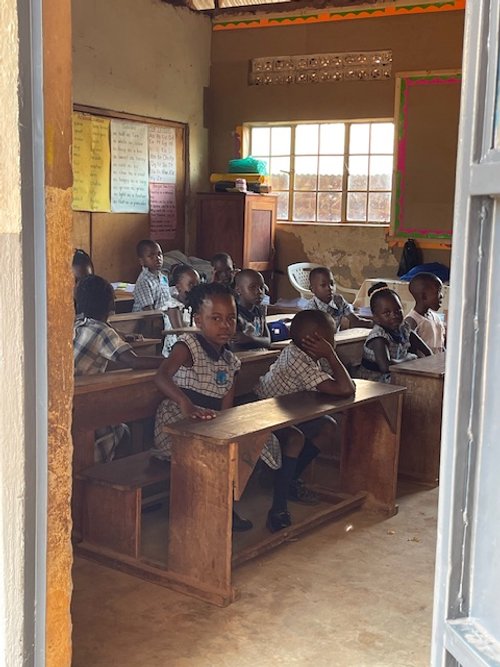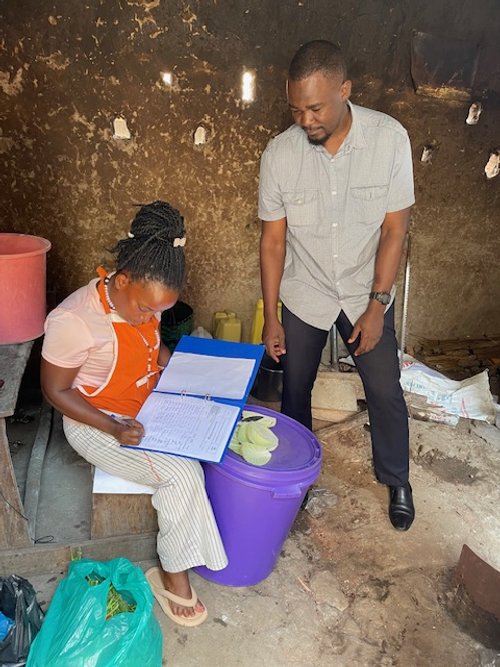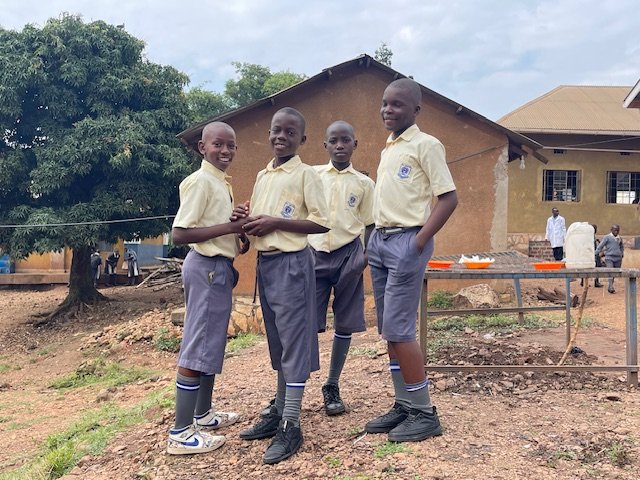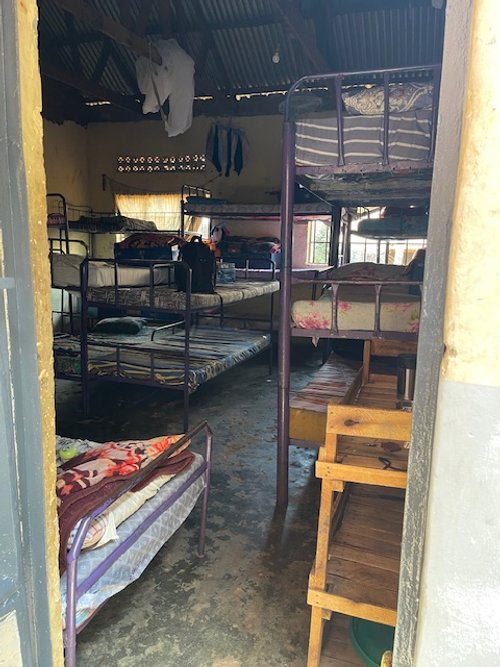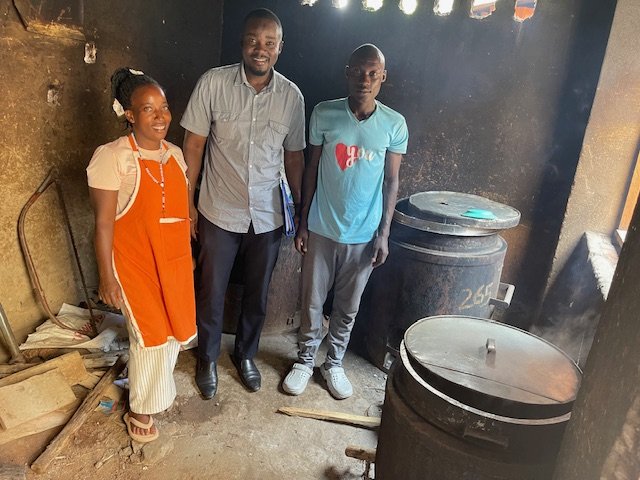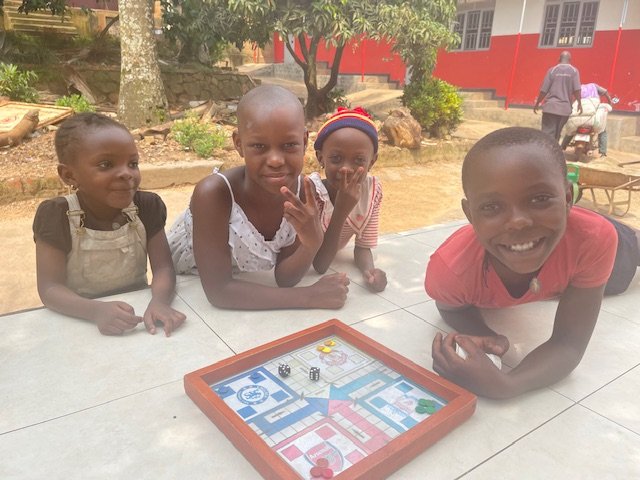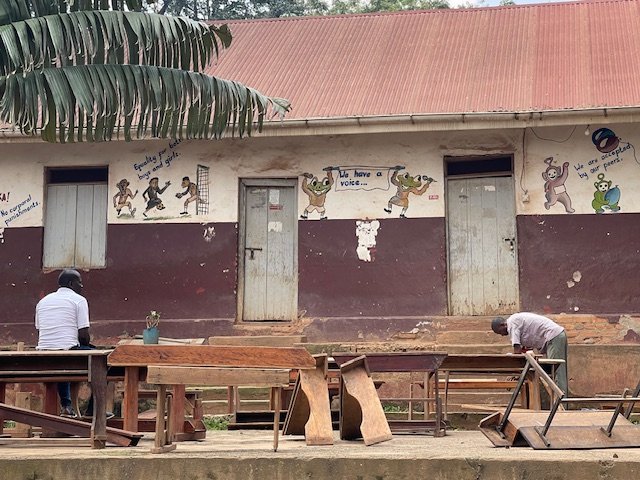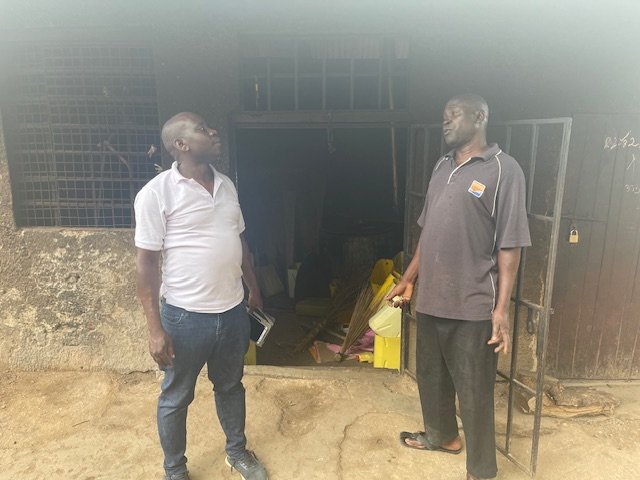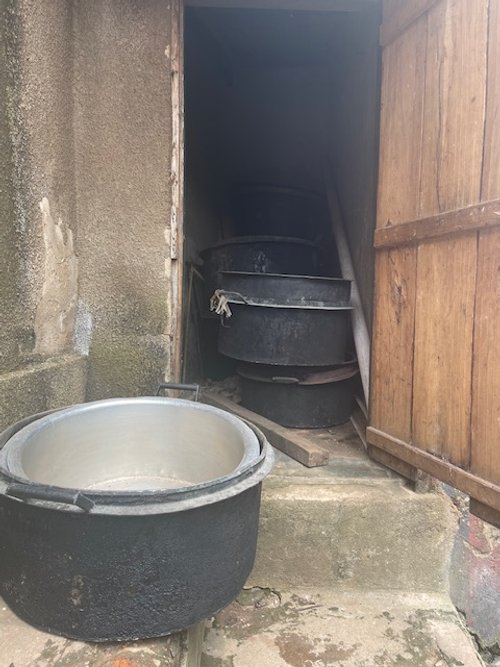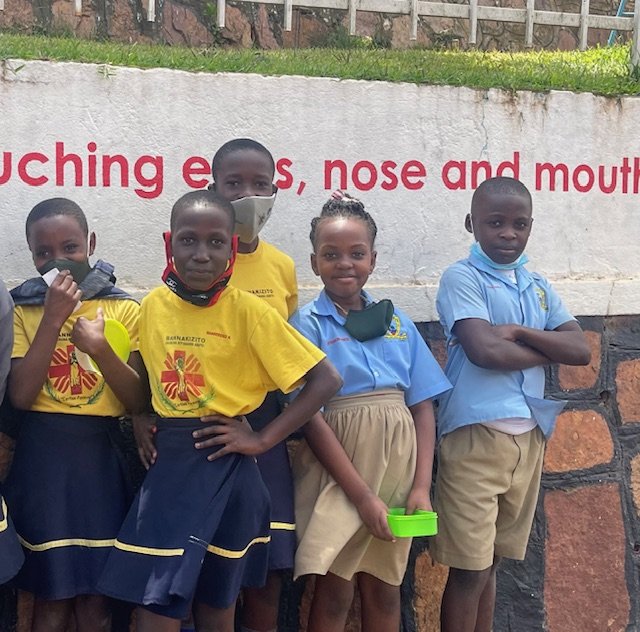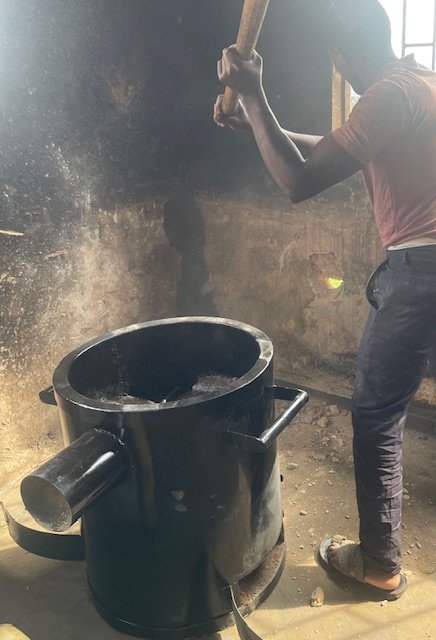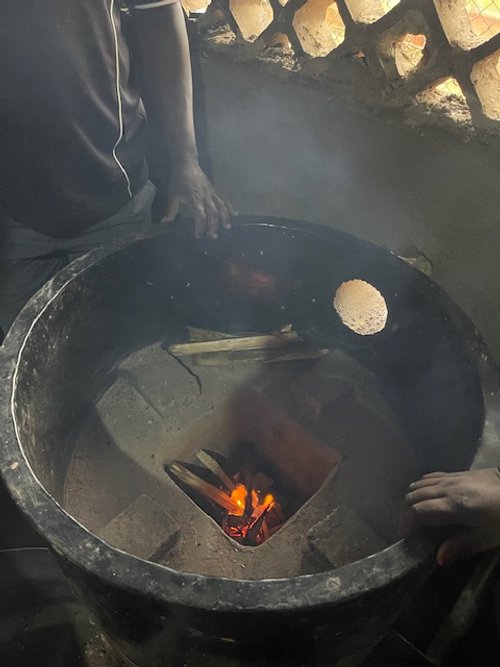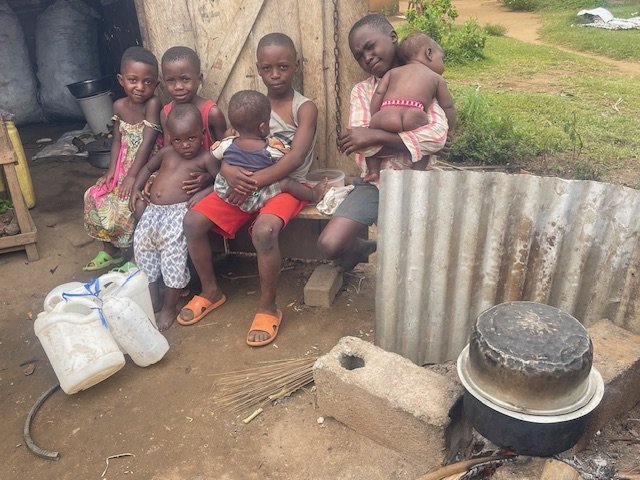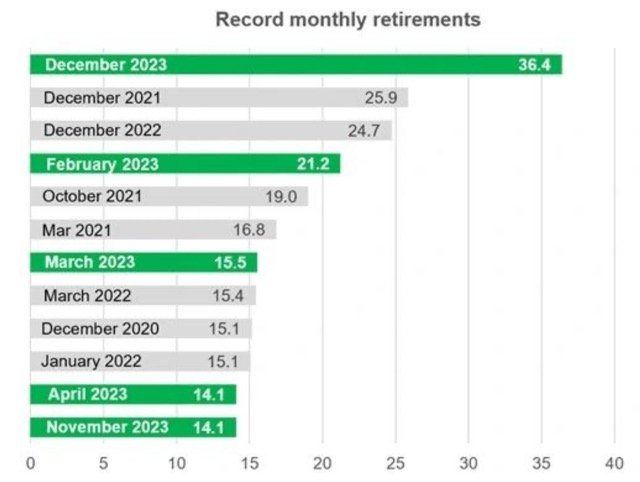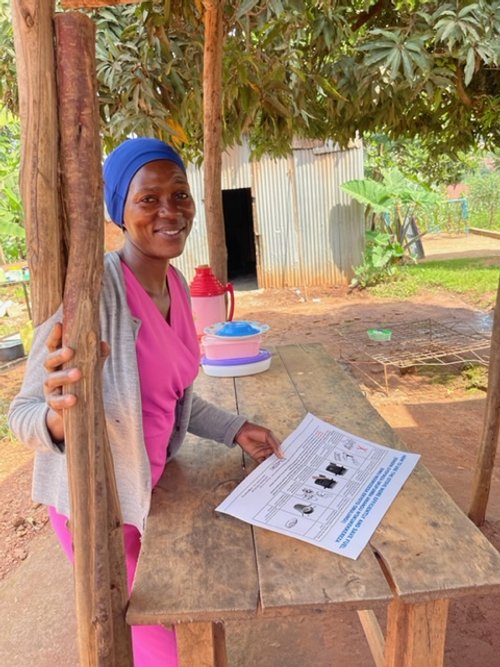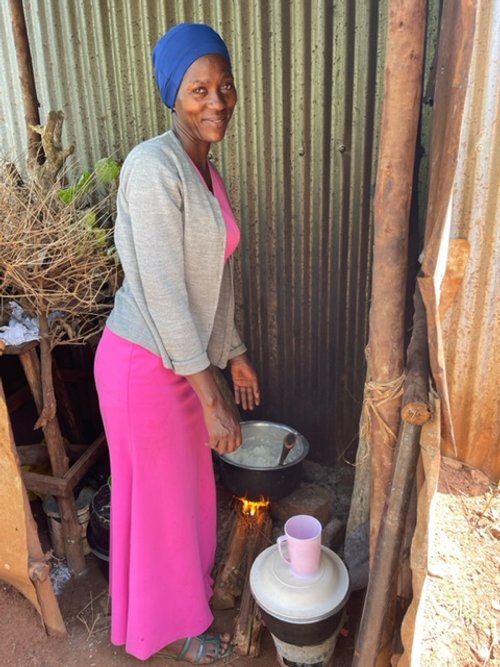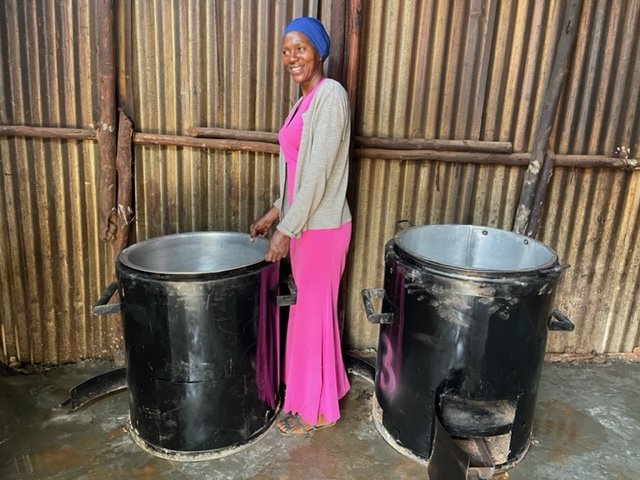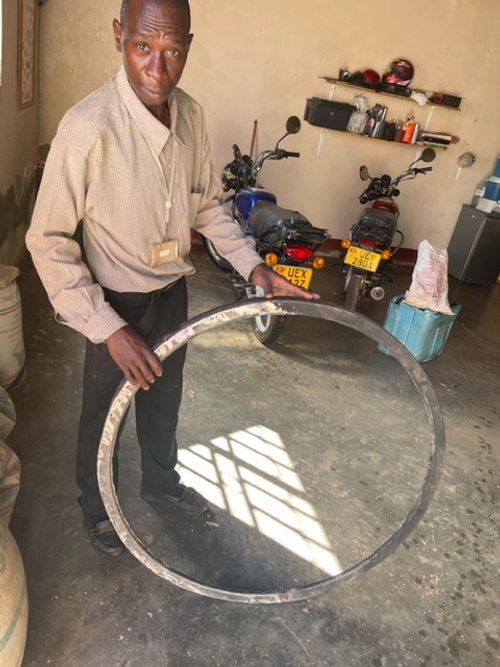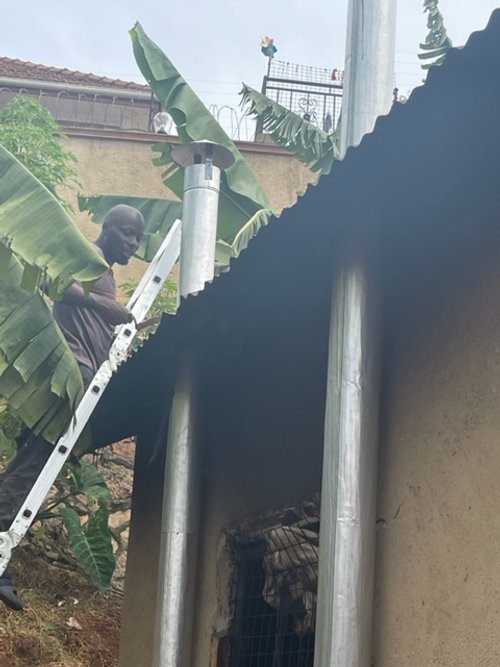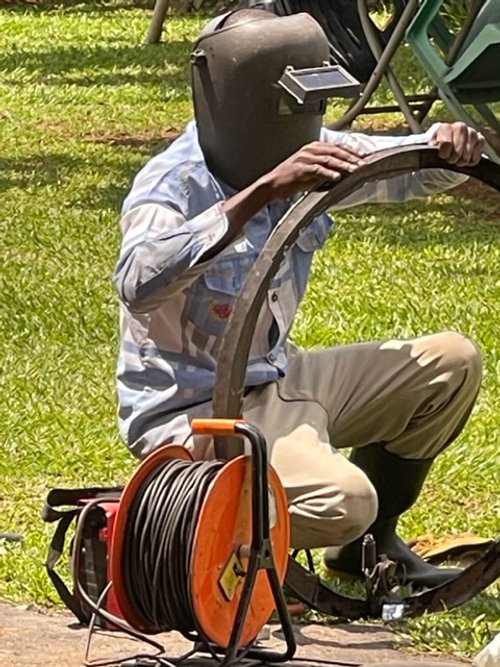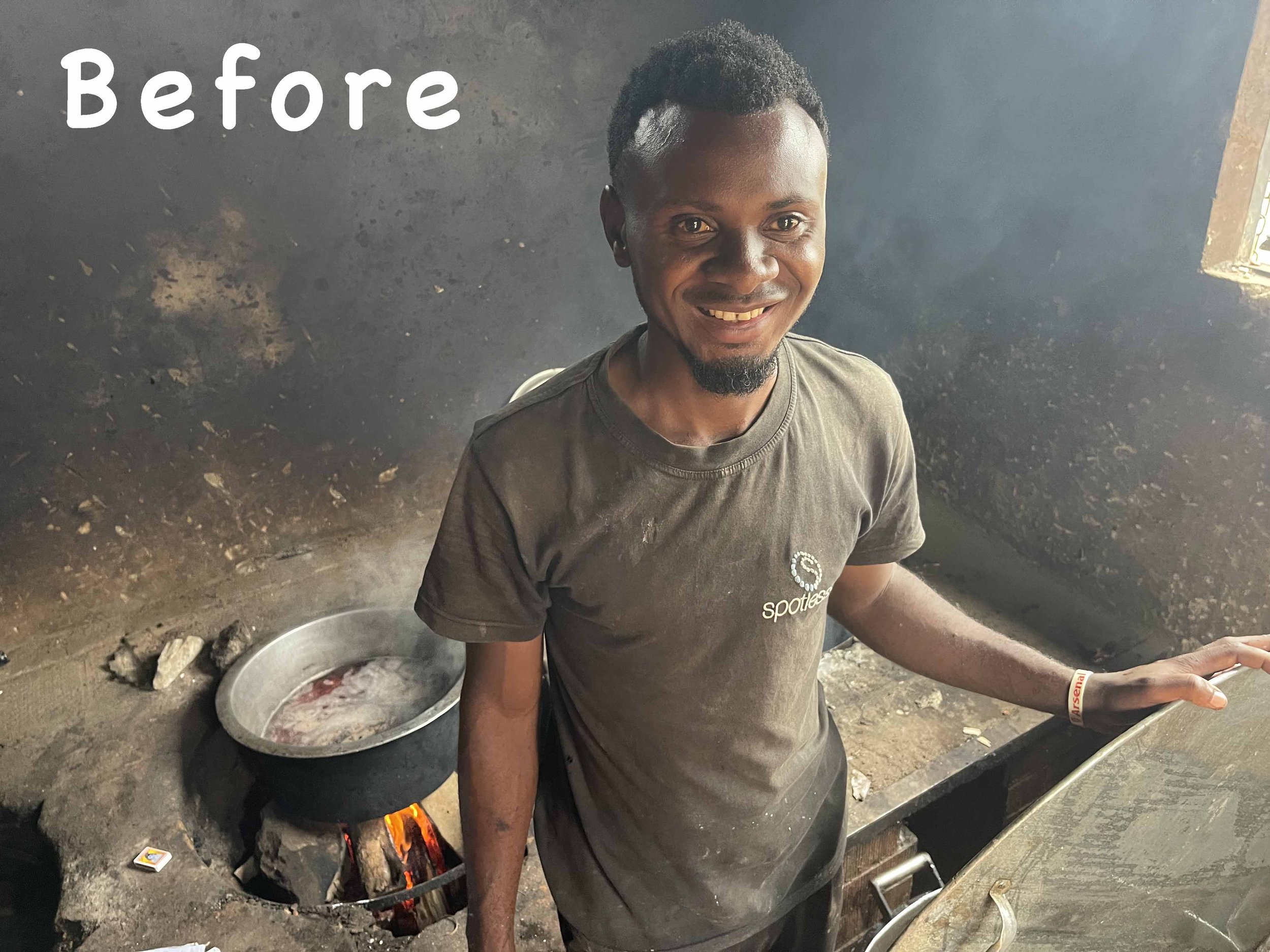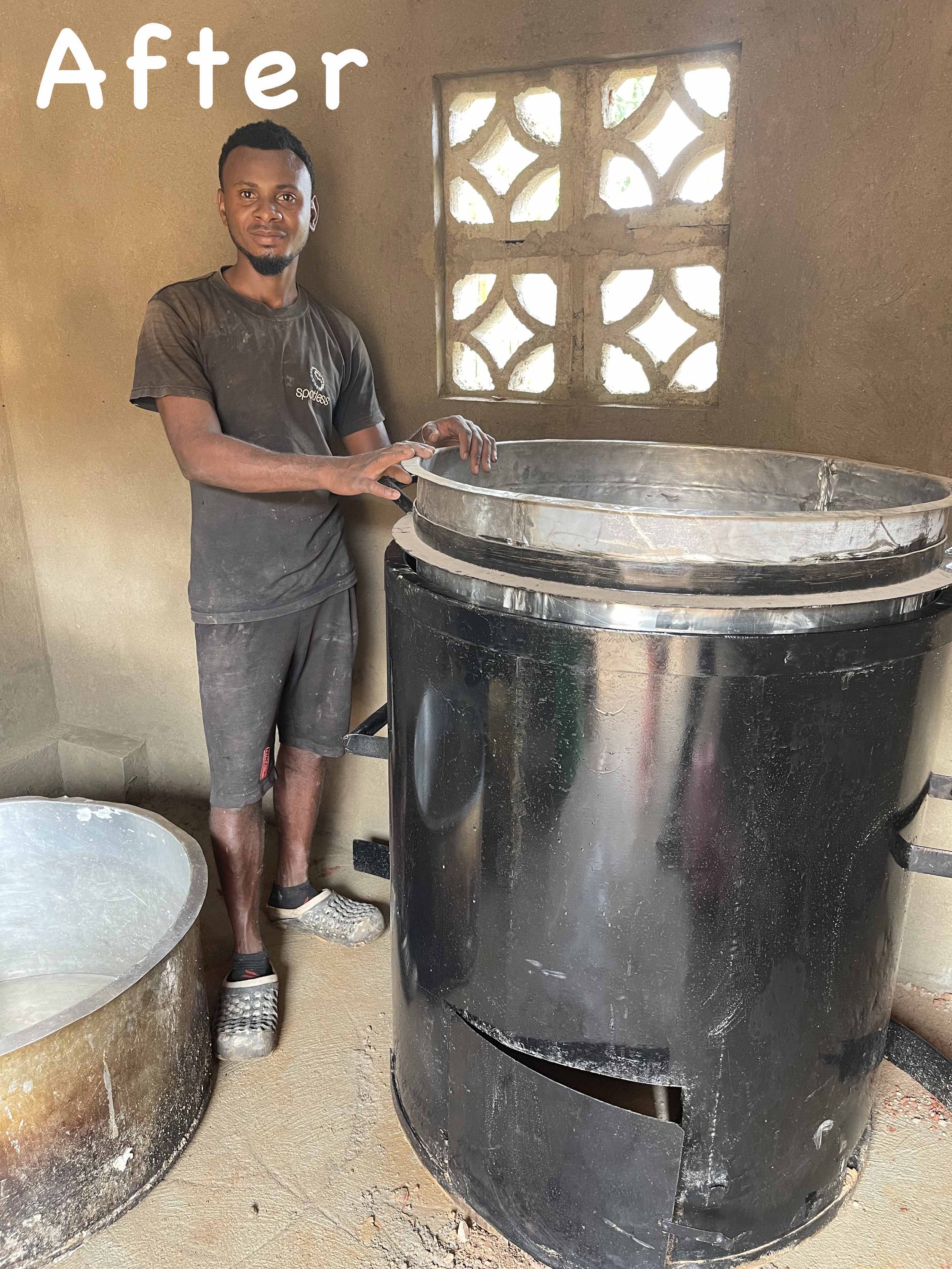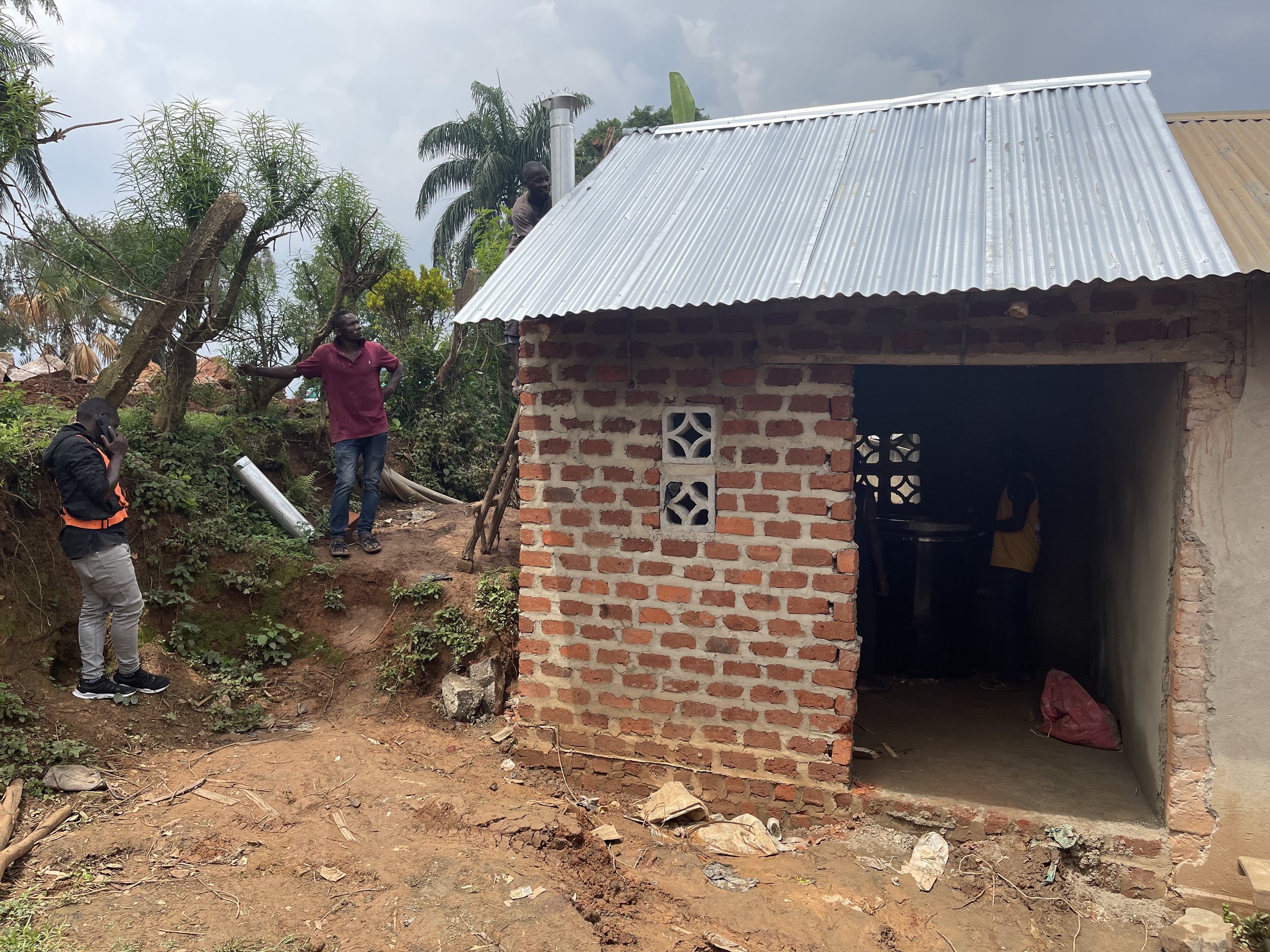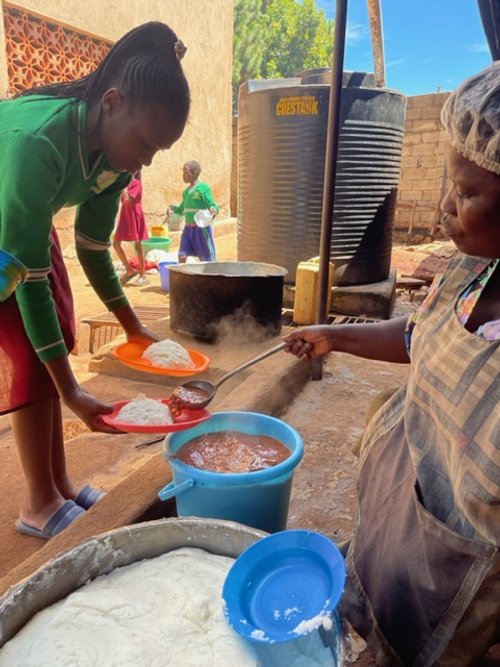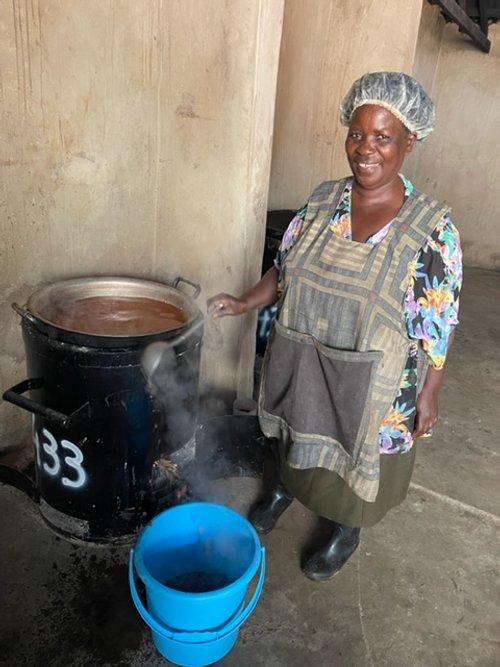Cheap carbon credits are still easily available for companies or individuals interested in offsetting their carbon footprint. But it comes with a cost of high risk on the integrity of those emission reductions being claimed. As players in the cookstove sector implementing projects for over a decade now, we know pretty well the methodologies and approaches used by other project developers.
One key issue comes with monitoring the usage rate. That means, understanding how often the improved cook stove is used and whether traditional appliances are still in place and again, if used, how often. This is one key figure when calculating the tons of CO2 not released into the atmosphere.
Some projects choose to do a sampling approach, meaning they do not physically follow the stove user and usage, and when time comes for verification, the approved auditors will run a random small sample from those improved cook stoves disseminated and check (via site visits, and phone calls) its usage.
Other projects choose to either use heat sensors that give a very accurate image of how often those improved cook stoves are used, while other projects might go for a census approach, meaning they would follow the improved cook stoves disseminated on a continuous basis to ensure they are actually in use, replacing any other traditional cooking practices.
This census approach is what we are proud to implement at Simoshi. Once the institutional improved cook stove (IICS) is installed, we visit the schools at least 7 times every year, to ensure that all IICS are in use, and that any traditional 3-stone fires are no longer in place. When performing these visits, we also take the opportunity to train the cooks on how to keep the IICS in good condition while also paying attention to achieving a clean kitchen environment.
Of course these monitoring activities come at a cost, and it is reflected on the higher carbon credit prices. But it gives buyers the reassurances the emission reductions HAVE actually taken place, they ARE real, and no random estimations are done. Because every participating school is thoroughly followed throughout the year, giving buyers the necessary confidence when making their carbon neutral claims.

